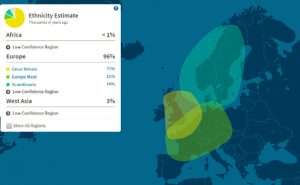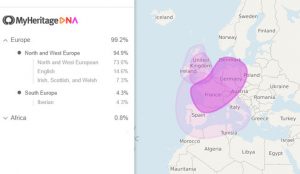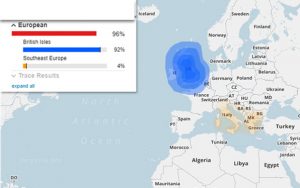A recent report ('The fertility fraud' by Jacqueline Mroz published in The Age 24 August 2019) reminded me of the tricky questions facing the family historian today.
An American woman used DNA tests and found to her surprise that her biological father was not a sperm donor in California, as she had been told, but rather her mother's fertility doctor who had fraudulently donated his own sperm. These modern cases are not rare apparently - and of course unrecorded sperm 'donors' are not new.
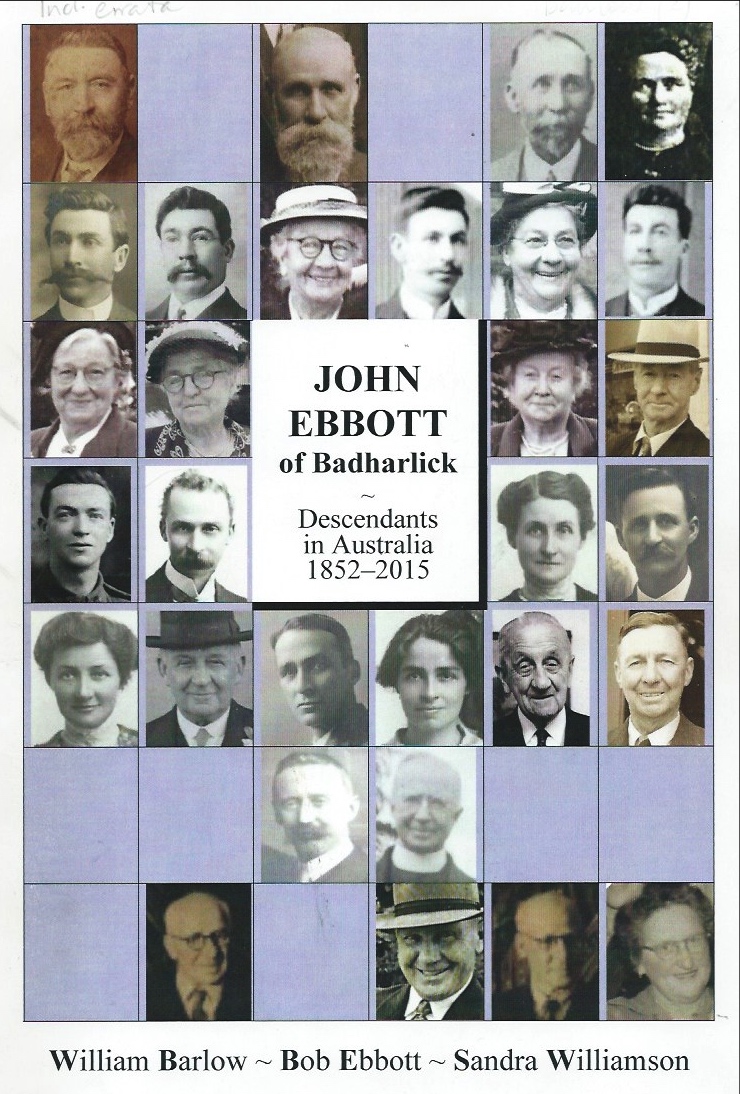 A few years ago I wrote of my experiences compiling family descendancy records -both in the GSV Library (John Ebbott of Badharlick: descendants in Australia and Edward Needham Barlow and descendants). This article below was first published in Fifty-plus NewsDecember 2014/January 2015.
A few years ago I wrote of my experiences compiling family descendancy records -both in the GSV Library (John Ebbott of Badharlick: descendants in Australia and Edward Needham Barlow and descendants). This article below was first published in Fifty-plus NewsDecember 2014/January 2015.
Who is in the family?
While compiling and editing a descendancy record of my mother’s family I have been prompted again and again to consider who gets to be recorded in the family? As one family member asked, ‘what are the protocols?’
If two people were once in the family, as a domestic partnership, what should you do? At what stage of a relationship is a ‘partner’ recorded for posterity. An 80-year-old friend who divorced many years ago, has since had a long-standing partnership of over 20 years. There were no children from this relationship but it was certainly significant to them both. A family ‘tree’ will capture relationships with progeny, but should such relationships without descendants be shown? Will this person’s significant partner be shown on the family record?
A defacto relationship is legally defined as a couple for those over 18 years of age – of opposite or same sex - who are living together on a ‘genuine domestic basis’, and who are not ‘related by family’, that is as siblings or as parent or child. A couple can still formally register as a partnership, that is, in a domestic relationship, even if not living together, as long as neither are already married or registered in a partnership. The partnership starts when the couple can show that it did. But if some family members tell me they are ‘partners’, then they are in my history. So I added ‘ptnr’ to ‘m’ (married) in my abbreviations list.
If a marriage has ended – especially when there is a second relationship to be recorded – then I can signify a divorce (‘div’) – if there actually was one – or ‘sep’ for separation. Partnerships are less clear cut. So I leave it up to the individual concerned to decide which partnerships – and separations - have been ‘significant’ in their ‘family history’.
Children of the family is a bit more complex. And it has always been thus, as kings of England and many others in history have found!
Biological children of the couple is simple enough. ‘Children of the marriage’ as it says on the Death Certificates. But the position in the family can be obscured, as famous actor Jack Nicholson found out later – his parents were actually his grandparents and his sister his mother. But at least he was in the right family. Adopted children are also part of the family. Should this status be recorded? Does the adopted child know or want it widely known? Privacy and publicity must also be considered
And blended families are increasingly common. That is, increasingly acknowledged as such. So step-children need to be recorded and the parent in the couple to whom they were born.
This can give rise to a family group with various ‘family’ or last names – children may retain their biological father’s name for example.
Now things get even trickier. My favourite enriched family record involves a person who was married, had children, then divorced. This has been followed by a publicly proclaimed same-sex partnering, and then a child of that partnership by IVF.
Recently I read in The Age, that a couple using IVF technology may also have the genes of a third person ‘in the mix’ to kick-start the conception. So my family history ‘tree’ could be looking more like a bush.
So who is in the family? Everyone the family says is in. That’s easier.
***
Check the rules on websites, eg. BDM Vic.and get help understanding your family's DNA.The GSV hosts talks and Discussion Circles for members. Find these Events on our website https://staging.gsv.org.au
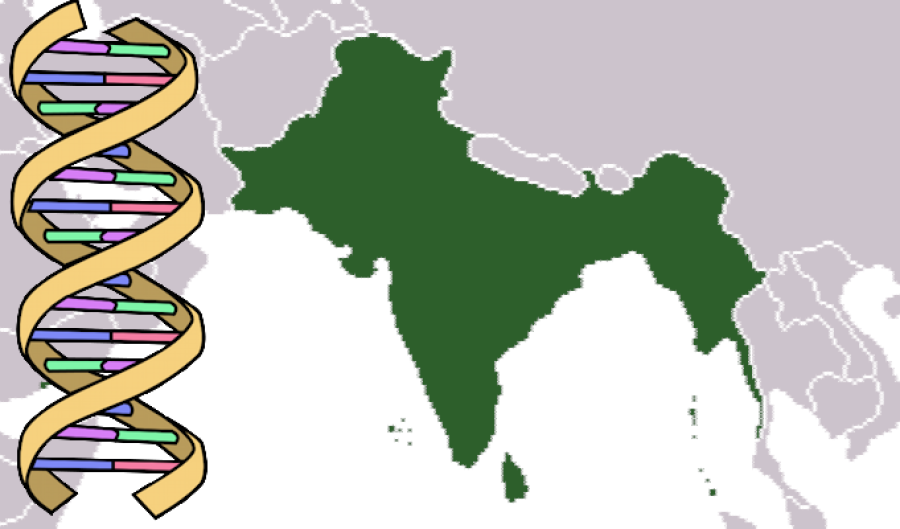


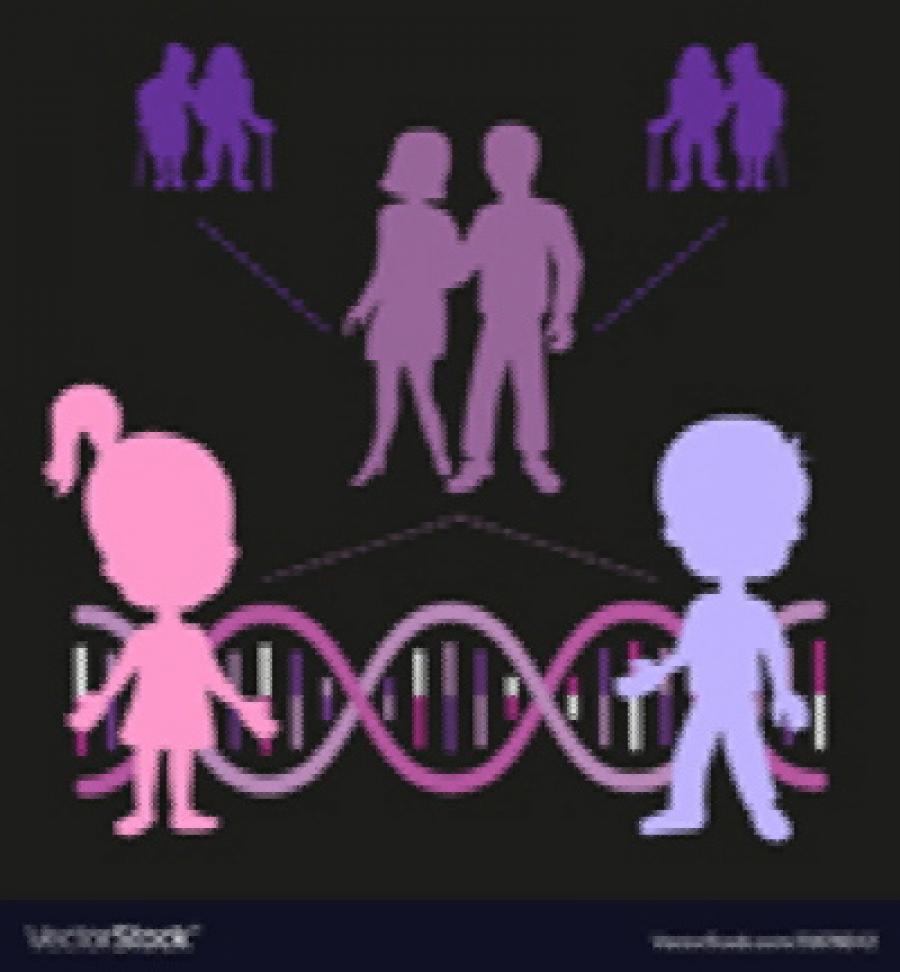


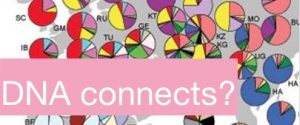
 A few years ago I wrote of my experiences compiling family descendancy records -both in the GSV Library (John Ebbott of Badharlick: descendants in Australia and Edward Needham Barlow and descendants). This article below was first published in Fifty-plus NewsDecember 2014/January 2015.
A few years ago I wrote of my experiences compiling family descendancy records -both in the GSV Library (John Ebbott of Badharlick: descendants in Australia and Edward Needham Barlow and descendants). This article below was first published in Fifty-plus NewsDecember 2014/January 2015.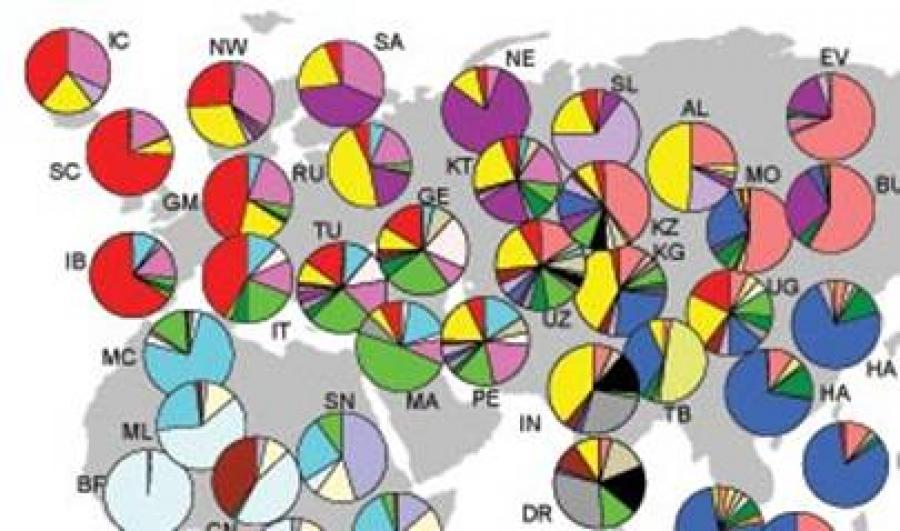
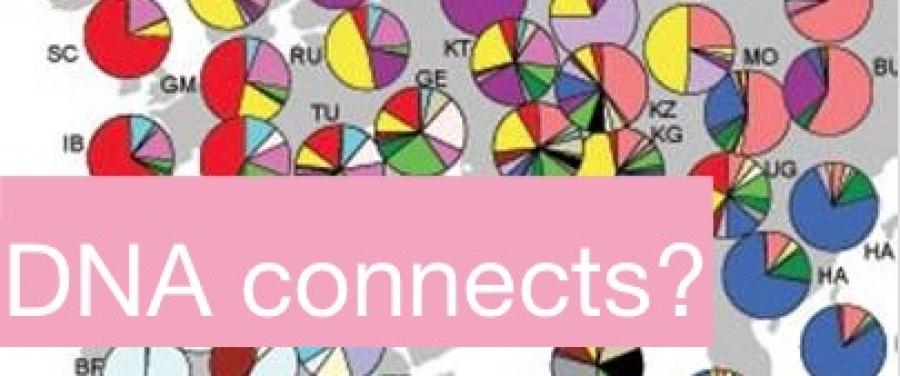
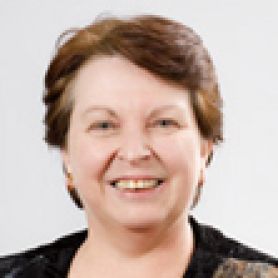 The purpose of the research is to investigate the use, role and impact of DNA testing in exploring and understanding individual national and global histories and identities. This study is an Australian-first and will provide an exciting opportunity to be involved in a new worldwide project about exploring the past.
The purpose of the research is to investigate the use, role and impact of DNA testing in exploring and understanding individual national and global histories and identities. This study is an Australian-first and will provide an exciting opportunity to be involved in a new worldwide project about exploring the past. 
